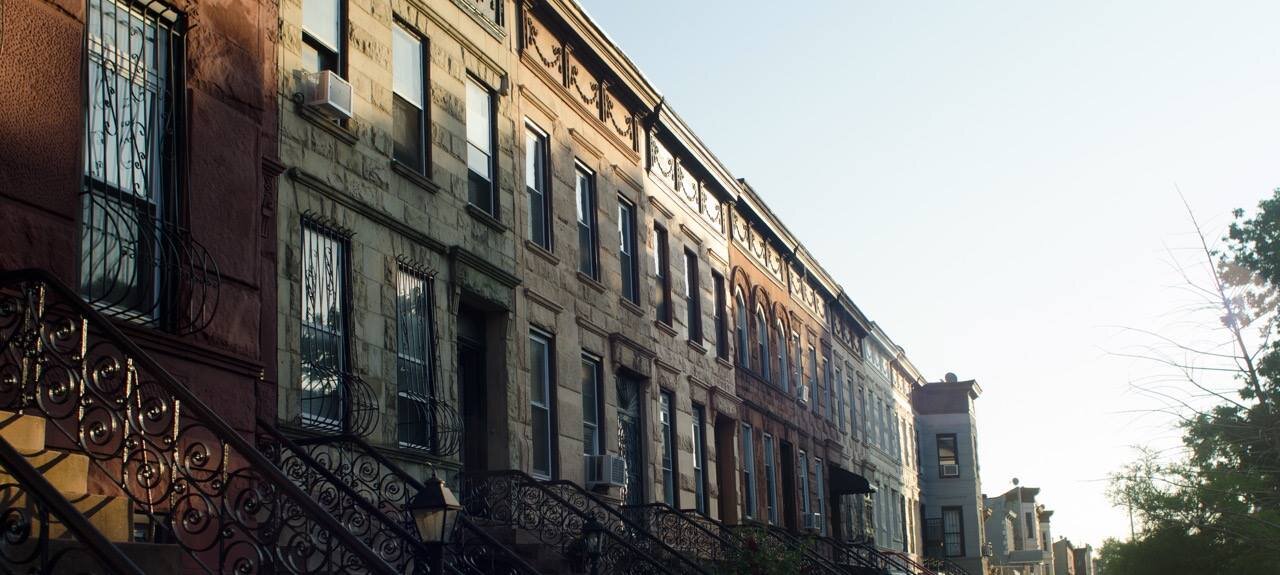Introduction
With energy costs on the rise, saving power is not just good for the planet—it’s good for your wallet. New York State (and utilities like ConEd) often provide energy efficiency programs and incentives to help. Below is a compendium of practical tips (from no cost to larger upgrades) you can apply to reduce energy usage and cut bills.
No-Cost & Low-Cost Habits (Start Here)
- Turn off lights / unplug phantom loads
Unplug devices or use smart power strips—many draw “vampire” current even when off. - Use smart/programmable thermostats
Automatically lower heating or cooling when you’re away or asleep. - Seal air leaks & manage drafts
Use weatherstripping, caulk, door sweeps, etc., around windows, doors, and ductwork. - Optimize your thermostat settings
Use 68°F in winter, 78°F in summer (or adjust to personal comfort), then tweak ± a degree. - Ceiling fans, natural ventilation
Use fans or open windows when suitable to reduce AC usage. - Wash clothes in cold water, full loads
Heating water consumes significant energy.
Moderate Investments (Good ROI)
- Upgrade insulation / air sealing
Attic, crawl space, walls—better envelope reduces heating/cooling load. - Install energy-efficient windows / doors
If in need of replacement, choose ENERGY STAR rated units. - Upgrade to LED lighting and energy-efficient appliances
LED bulbs last long and use a fraction of energy compared to incandescent. - Use heat pump / high-efficiency HVAC systems
Especially for heating and cooling, heat pumps are far more efficient. - Smart thermostats + zoning systems
Control temperature by zone—no need to heat or cool unused rooms. - Roofing / reflective materials / cool roof
In summer, reflect solar heat to reduce cooling burden.
Bigger Upgrades / Long-Term Projects
- Solar panels + battery storage
Generate your own electricity and reduce grid dependence. In NY, this can pair well with NYSERDA or federal incentives. NYSERDA+3Solar.com+3NYSERDA+3 - Heat pumps / ground-source (geothermal)
In many climates, heat pumps are far more efficient than traditional heating. - Window films or shading systems
Reduce solar heat gain in summer for better cooling efficiency. - Energy management systems / home automation
Use sensors and smart controls to manage when systems run. - Efficient water heating (tankless, heat-pump water heater)
Water heating is a big load—optimize it.
Incentives & Programs in NY
- NYSERDA residential efficiency programs
The state offers programs to help residents identify and complete energy-efficiency upgrades. NYSERDA+1 - Inflation Reduction Act (IRA) tax credits
In NY, from 2023–2032, homeowners may claim up to $3,200/year for efficiency and electrification upgrades. NYSERDA- Up to $1,200 for envelope improvements (windows, doors, insulation)
- Up to $2,000 for air source heat pumps, heat pump water heaters, biomass stoves NYSERDA
- ConEd / utility rebates / programs
Many utilities offer rebates for upgrades, energy audits, or load-shifting programs. - No-cost home energy assessments
Many state programs offer free or subsidized audits to identify “low-hanging fruit.” NYSERDA
Tips for Prioritizing Upgrades
- Start with low-hanging fruit: sealing leaks, thermostat tweaks, lighting.
- Do a home energy audit to identify your biggest energy drains.
- Prioritize upgrades with the shortest payback period (insulation, efficient HVAC).
- Layer incentives and rebates: state + federal + utility so your net cost is lower.
- Monitor results: track energy after upgrades to validate savings.
- Think long-term: investing now may pay off over years or decades.
Final Thoughts
Energy saving doesn’t require wholesale renovation to start making an impact. With smart habits, moderate upgrades, and leveraging incentives, most homes can reduce their bills noticeably. And as utility rates climb, efficiency becomes even more valuable.

